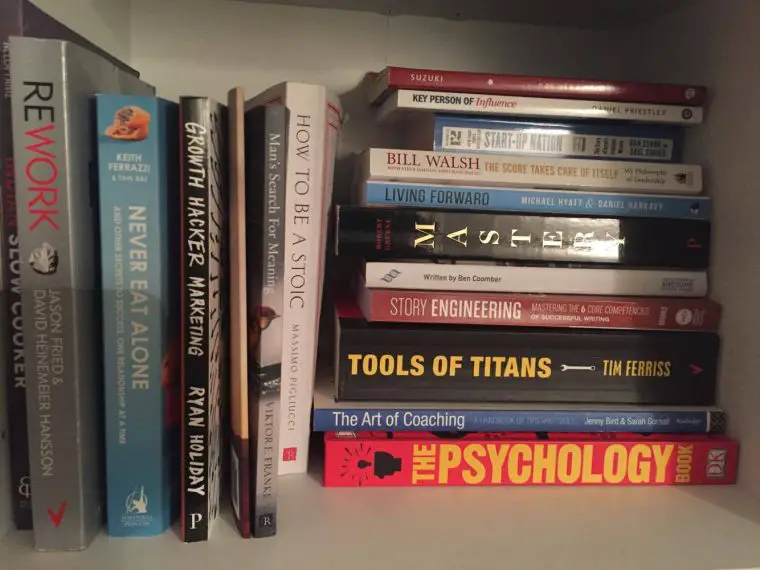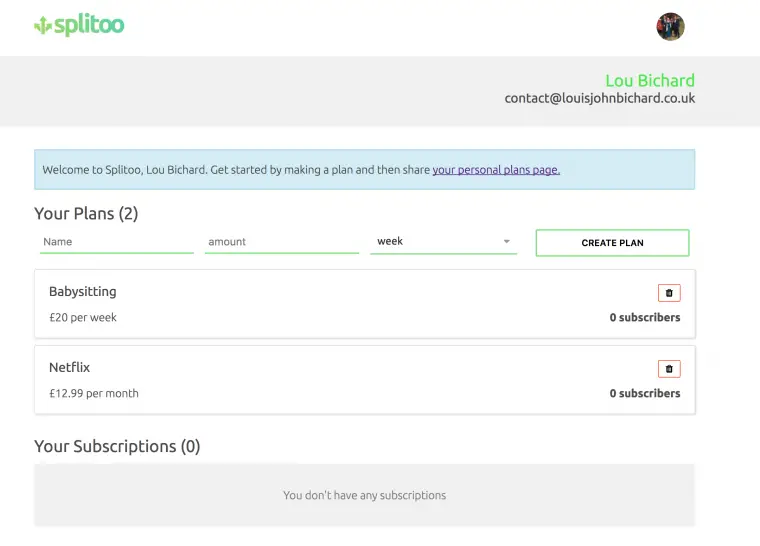Here is my latest post for Simple Programmer…
For success, it isn’t the programming knowledge you or your team members have at present that matters most. Nor is it how many years of experience we have.
It’s how we work together, how we approach problems, and most importantly, how we learn. Michael Gerber said in the most eloquent way I have seen in his book The E-Myth: “Contrary to popular belief, my experience has shown me that the people who are exceptionally good in business aren’t so because of what they know but because of their insatiable need to know more.”








